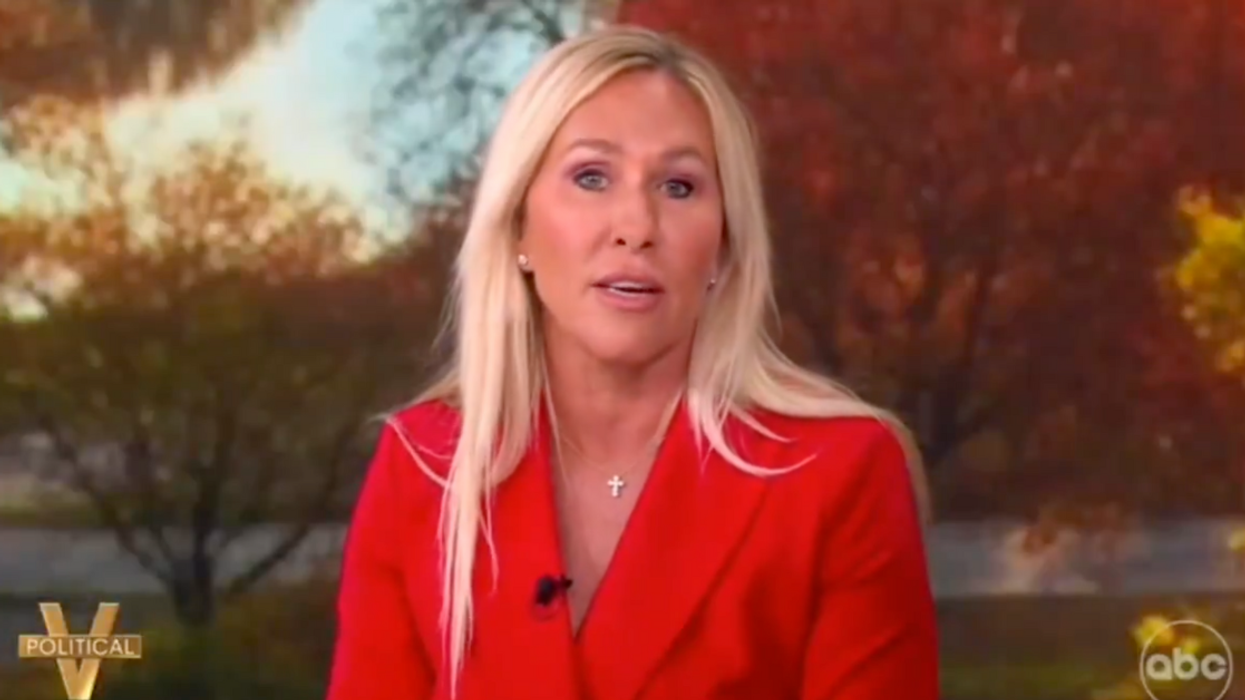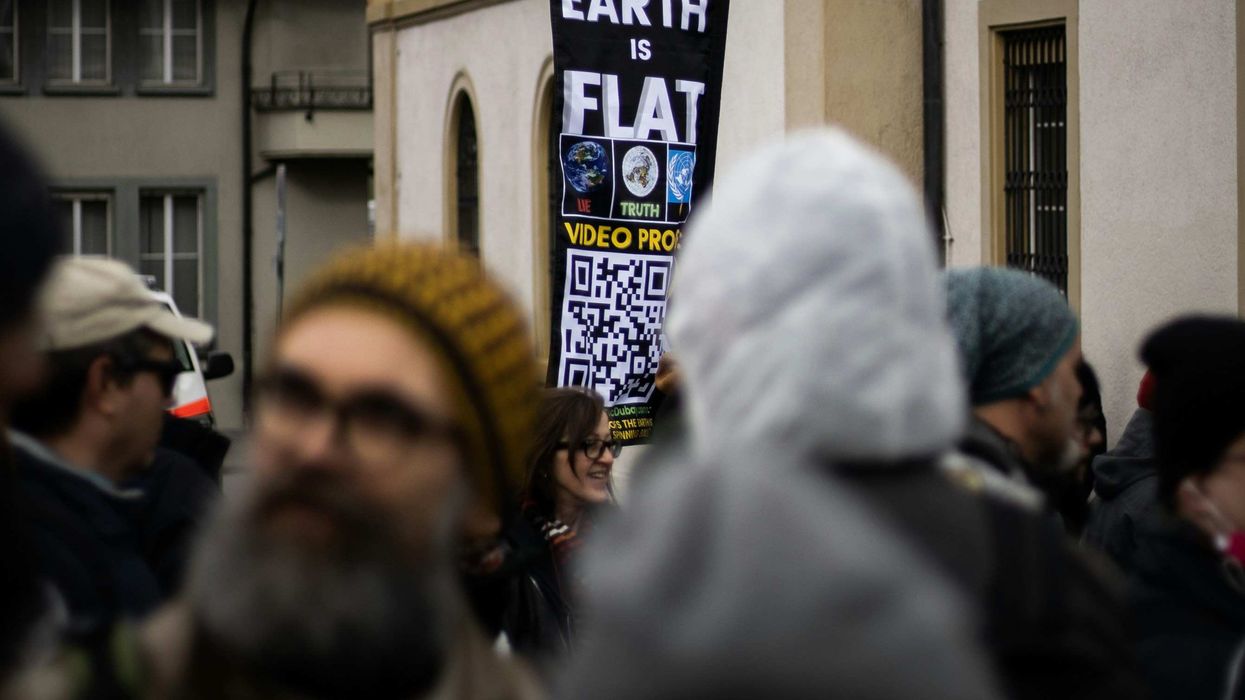After the state's voters delivered Democrats a crucial set of victories in the 2020 election cycle, the state of Georgia passed Senate Bill 202, a sweeping voter suppression bill designed to limit access to the ballot box, presented under the guise of "election security."
With Georgia's Republican governor, Brian Kemp, signing the bill into law late last month, and a bevy of voter suppression proposals sprouting up around the nation, Republican lawmakers and their amplifiers are scrambling to justify why laws limiting access to the ballot box should be considered.
While the typical talking points center around the need to prevent widespread voter fraud—a nonexistent problem—one opinion columnist at the conservative National Review is saying the quiet part out loud.
In the op-ed, titled Why Not Fewer Voters?, Kevin D. Williamson asks if the U.S. would be better off by limiting voter access to "better voters."
Beyond the caption provided with the National Review's tweet, the contents are even more alarming.
Williamson writes:
"There would be more voters if we made it easier to vote, and there would be more doctors if we didn't require a license to practice medicine. The fact that we believe unqualified doctors to be a public menace but act as though unqualified voters were just stars in the splendid constellation of democracy indicates how little real esteem we actually have for the vote, in spite of our public pieties."
He continues:
"It is easy to think of critical moments in American history when giving the majority its way would have produced horrifying results. If we'd had a fair and open national plebiscite about slavery on December 6, 1865, slavery would have won in a landslide. If we held a plebiscite on abolishing the death penalty today, the death penalty would be sustained."
Voters who would've cast a ballot on the issue of slavery wouldn't have been enslaved. Most voters who cast ballots on same-sex marriage referendums, before its legalization in 2015, were heterosexual. Most voters who cast ballots on allowing the death penalty wouldn't be on death row.
In these instances, those most affected by the referendums don't make up the majority of the people voting on them. The rights of minority groups are subject to the majority's opinion.
But everyone who casts a ballot for a Representative, Senator, President, or a variety of municipal titles is subject to the positions of the elections' winners, and—under the fully realized ideals of the nation's founding principles—entitled to a vote in said election. No matter how unworthy a National Review columnist thinks they are.
People soon trolled the National Review's question with questions of their own.
Williamson's piece was met with near-unanimous condemnation.
It's unclear what system Williamson would support for choosing which voters are "better."

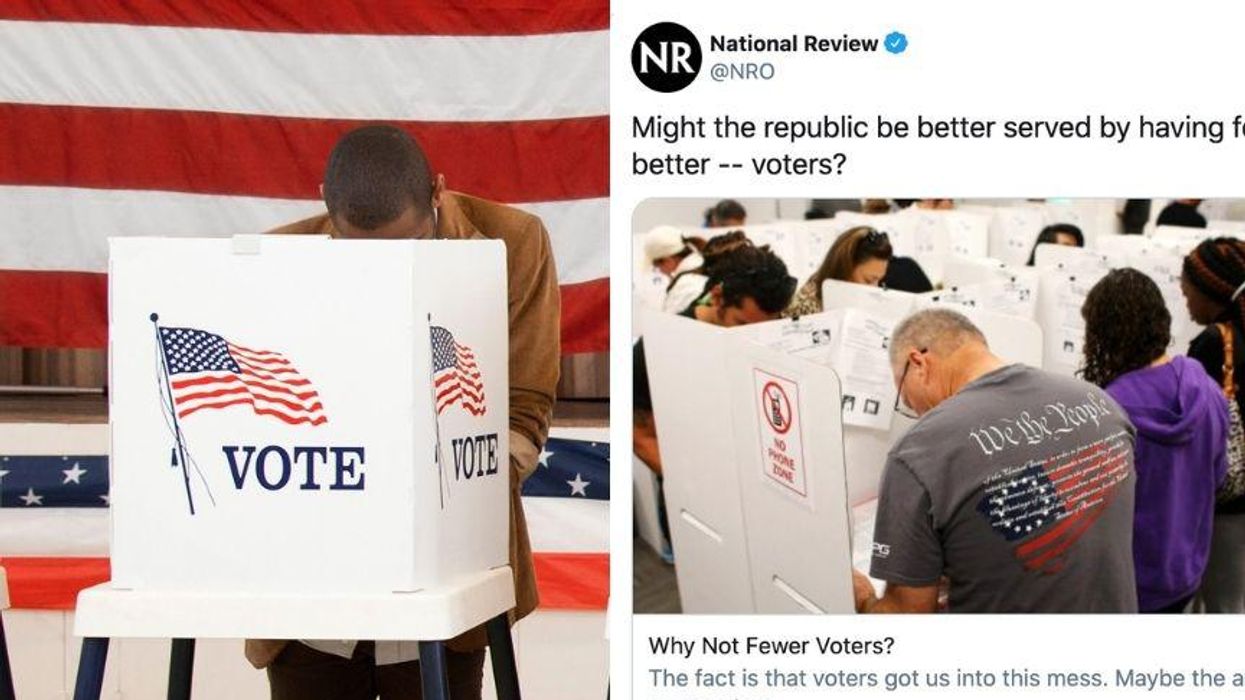


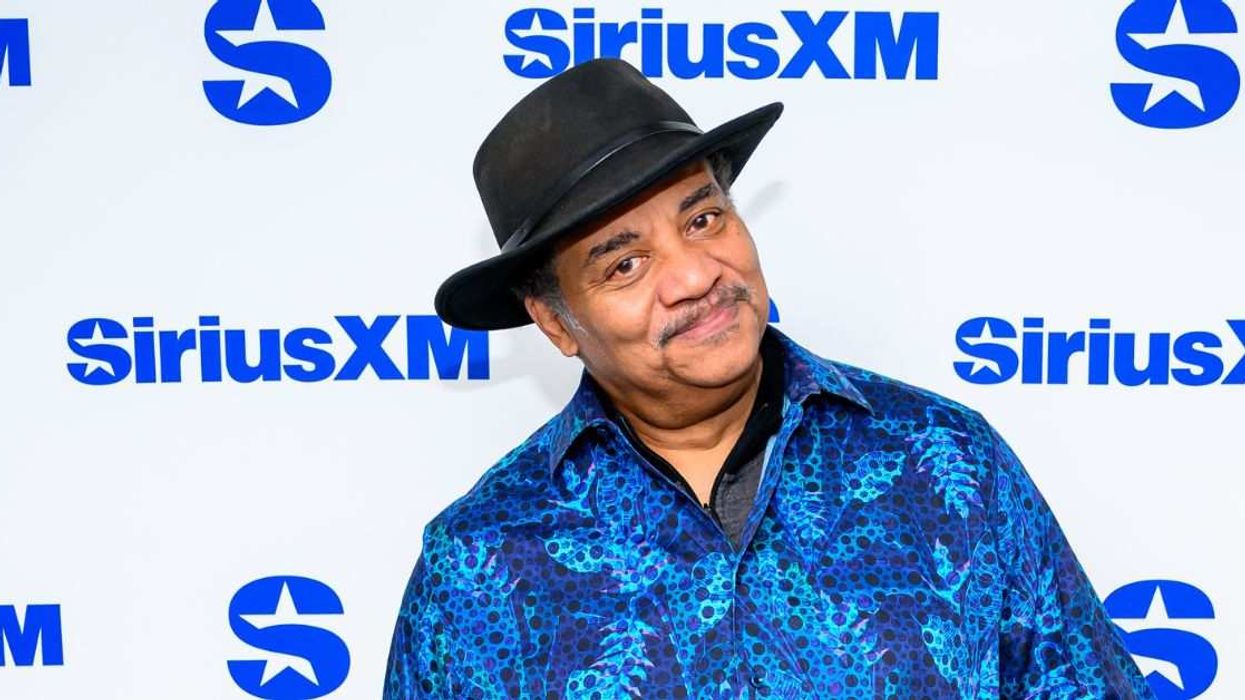
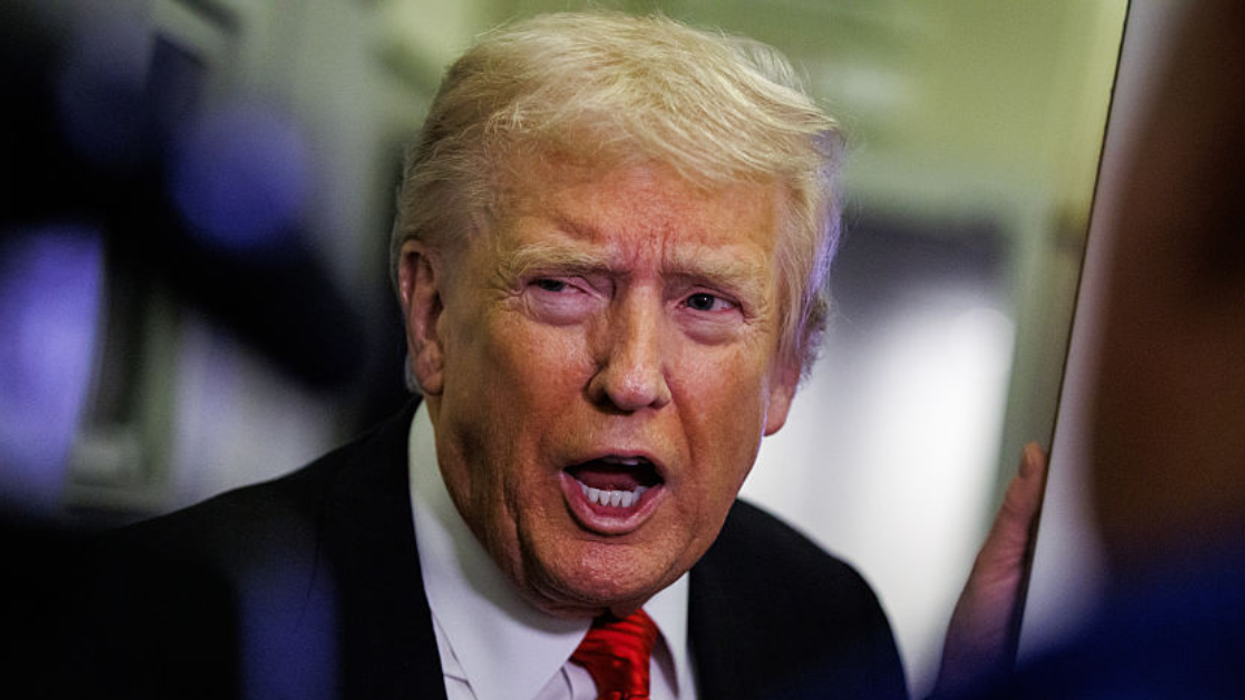

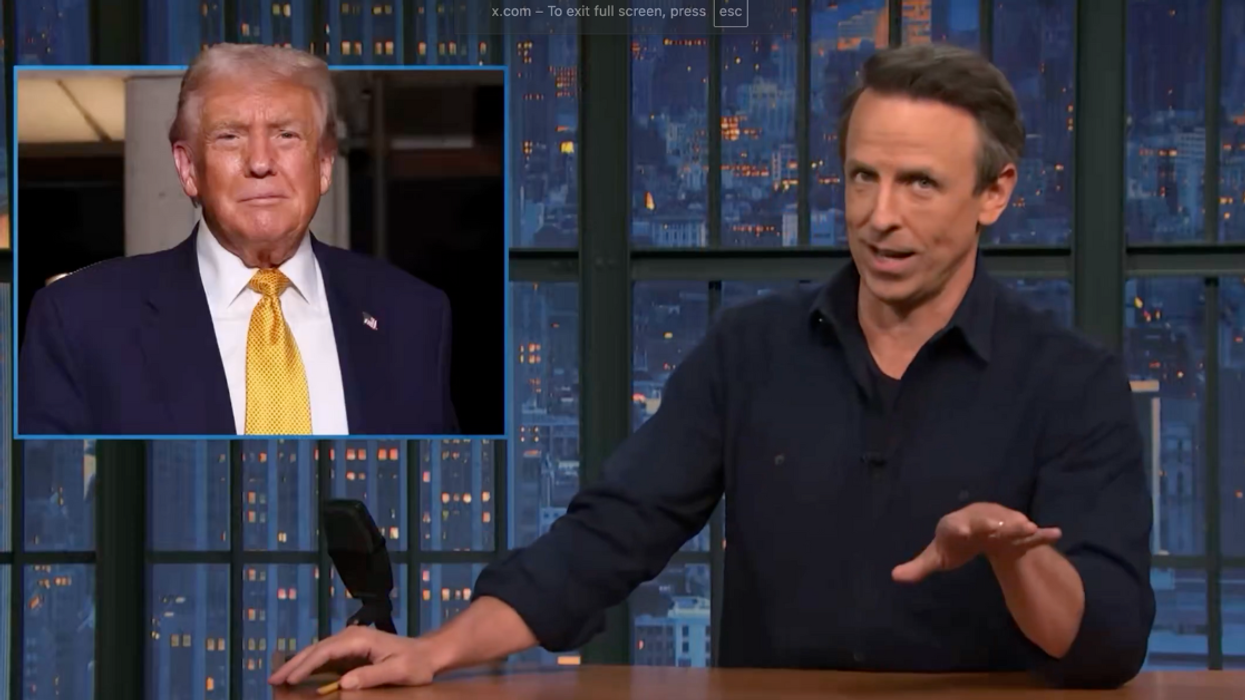
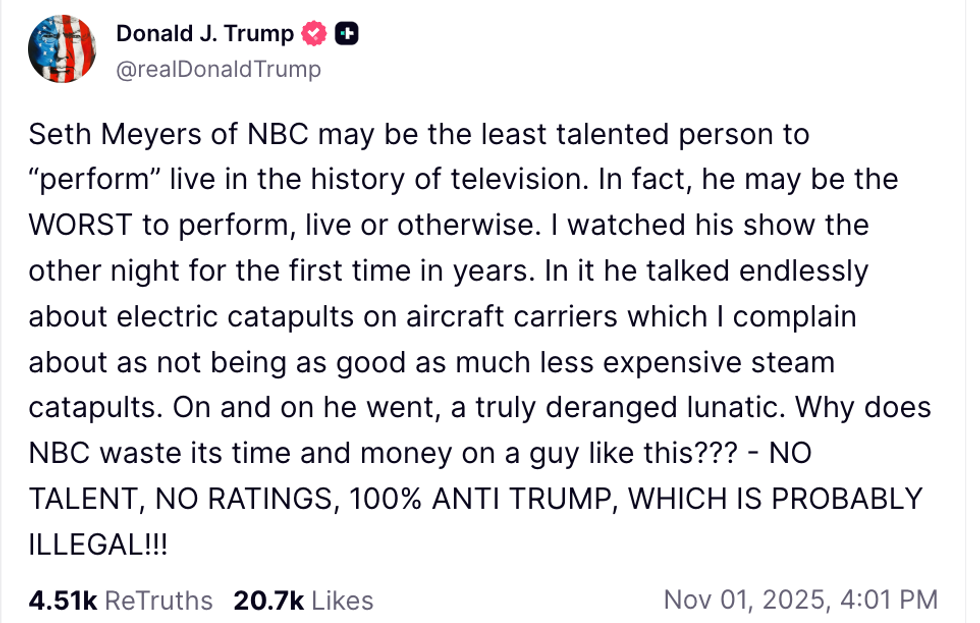 @realDonaldTrump/Truth Social
@realDonaldTrump/Truth Social



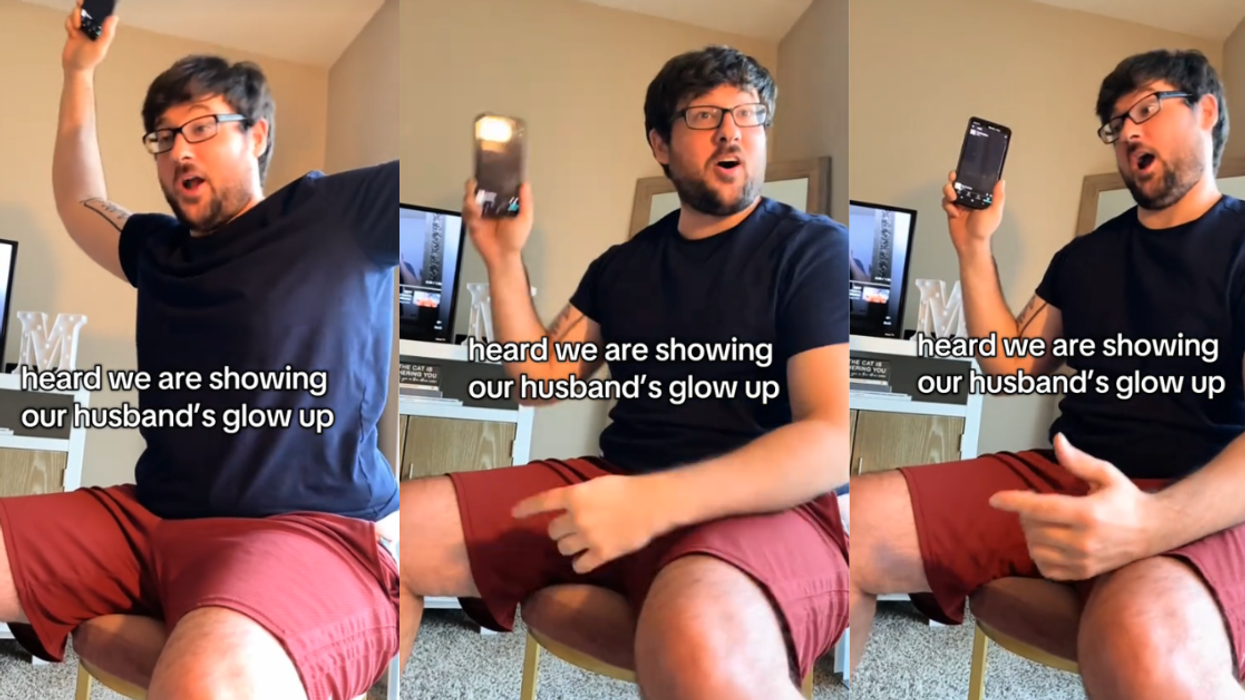

 @rootednjoyy/TikTok
@rootednjoyy/TikTok @rootednjoyy/TikTok
@rootednjoyy/TikTok @rootednjoyy/TikTok
@rootednjoyy/TikTok @rootednjoyy/TikTok
@rootednjoyy/TikTok @rootednjoyy/TikTok
@rootednjoyy/TikTok @rootednjoyy/TikTok
@rootednjoyy/TikTok @rootednjoyy/TikTok
@rootednjoyy/TikTok @rootednjoyy/TikTok
@rootednjoyy/TikTok @rootednjoyy/TikTok
@rootednjoyy/TikTok @rootednjoyy/TikTok
@rootednjoyy/TikTok @rootednjoyy/TikTok
@rootednjoyy/TikTok @rootednjoyy/TikTok
@rootednjoyy/TikTok @rootednjoyy/TikTok
@rootednjoyy/TikTok @rootednjoyy/TikTok
@rootednjoyy/TikTok
 @rootednjoyy/TikTok
@rootednjoyy/TikTok @rootednjoyy/TikTok
@rootednjoyy/TikTok @rootednjoyy/TikTok
@rootednjoyy/TikTok @rootednjoyy/TikTok
@rootednjoyy/TikTok @rootednjoyy/TikTok
@rootednjoyy/TikTok @rootednjoyy/TikTok
@rootednjoyy/TikTok @rootednjoyy/TikTok
@rootednjoyy/TikTok @rootednjoyy/TikTok
@rootednjoyy/TikTok @rootednjoyy/TikTok
@rootednjoyy/TikTok @rootednjoyy/TikTok
@rootednjoyy/TikTok
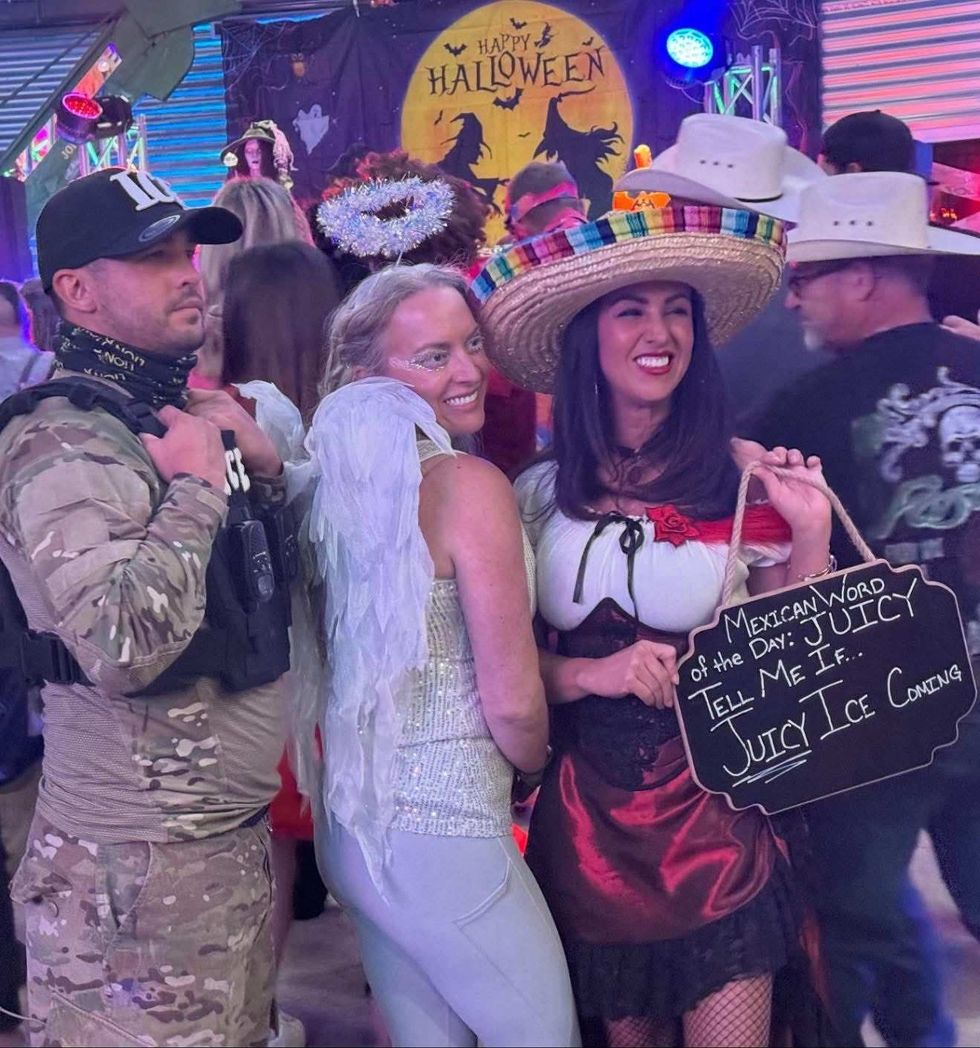 @BarryMu38294164/X
@BarryMu38294164/X